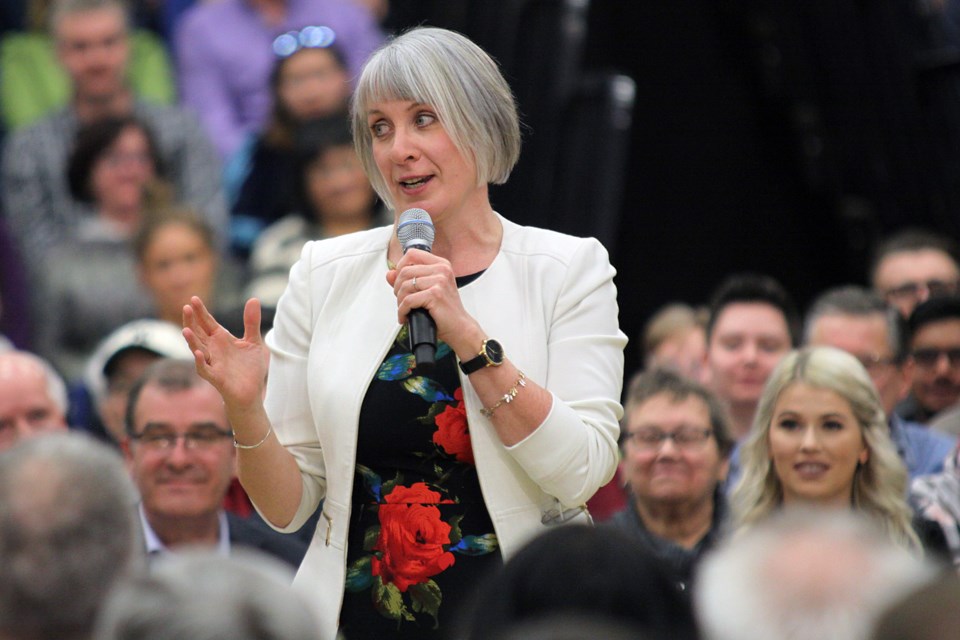THUNDER BAY – Canada’s Health Minister says keeping the border with the United States closed until a vaccine is developed is not realistic.
Earlier this week, Dr. Stewart Kennedy, Thunder Bay Regional Health Sciences Centre’s COVID-19 lead, told CBC News he’d like to see the country extend its border closure until a vaccine was found. The border closure has been extended 30 days to June 21, with no promise that it will reopen at that point to non-essential travellers.
It’s been closed since mid-March.
“I’ve spoken to Dr. Kennedy today and although I fully understand his concerns, I would say we have to take it a step at a time,” Hajdu said.
“The vaccine solution is one that may not be in our near or immediate future and I think that travel is increasing regardless of whether the border is open or not as businesses resume their activities.”
The United States, under President Donald Trump, has been encouraged to take a much faster approach to reopening than has been seen in Canada, at either the provincial or federal level.
Hajdu said it’s her job to figure out how to reduce the importation of cases into the country, while acknowledging Canadians have the right to leave their country and come back to their homes.
“I think the real answer is what kinds of protections do we need at the border and elsewhere to prevent the importation of new cases and the ability to more closely monitor and track any kinds of infections so we can quickly tamp out any potential new outbreaks,” Hajdu said.
What that looks like remains up in the air, she added.
At the moment, anyone who crosses the border faces a mandatory 14-day quarantine period, unless they’ve been deemed an essential service worker who additionally isn’t displaying any signs of COVID-19.
The concern among Canadians is the high rate of spread south of the border, where more than 1.6 million cases have been diagnosed and nearly 100,000 people have died.
Hajdu said when the border does open, there will be additional health screening procedures, something she and her colleagues are working on at the moment.
That could also include domestic flights as well, Hajdu added.
It won’t be easy, she admitted.
“But there are some signs and symptoms we can check for and there is also a better way to gather people’s data about where they’re traveling to, so if they do become ill, we can actually do a much better job of contact tracing,” Hajdu said.
“And that’s going to be a very important component of this and I think as we start to see more rapid point-of-care testing, there will be other options available to governments and communities as well.”
Thunder Bay Mayor Bill Mauro said while he understands the economic importance of an open border, he’s not ready to start pushing for it to reopen any faster than the federal government’s timeline.
“There is so much economic activity related to cross-border travel, in both directions,” Mauro said. “Obviously our tourism sector is suffering significantly and a cross-border piece would go a long way to address that ... While it would be easy to say yes, open it up and help the economy, that is one that probably people would have to work really hard to convince me that it would be an appropriate thing to do at this time.”
